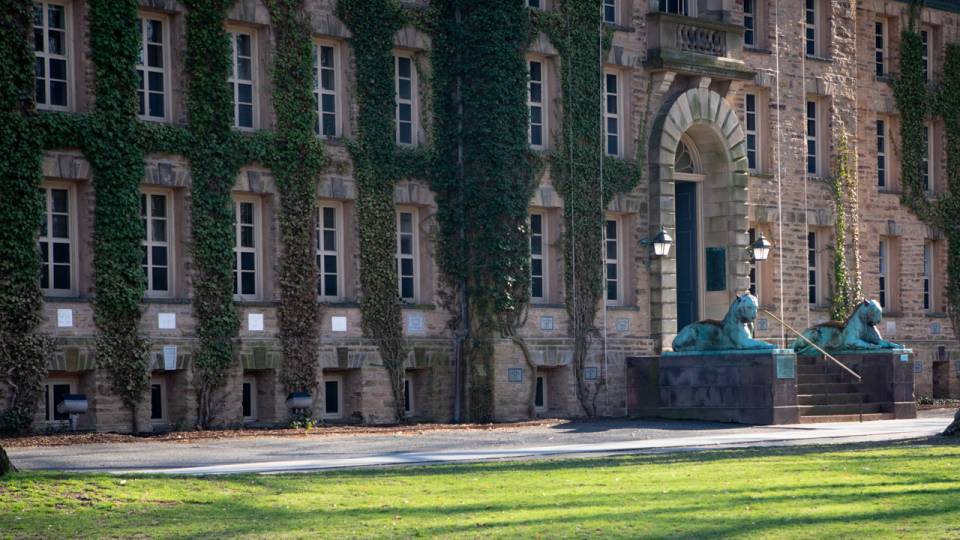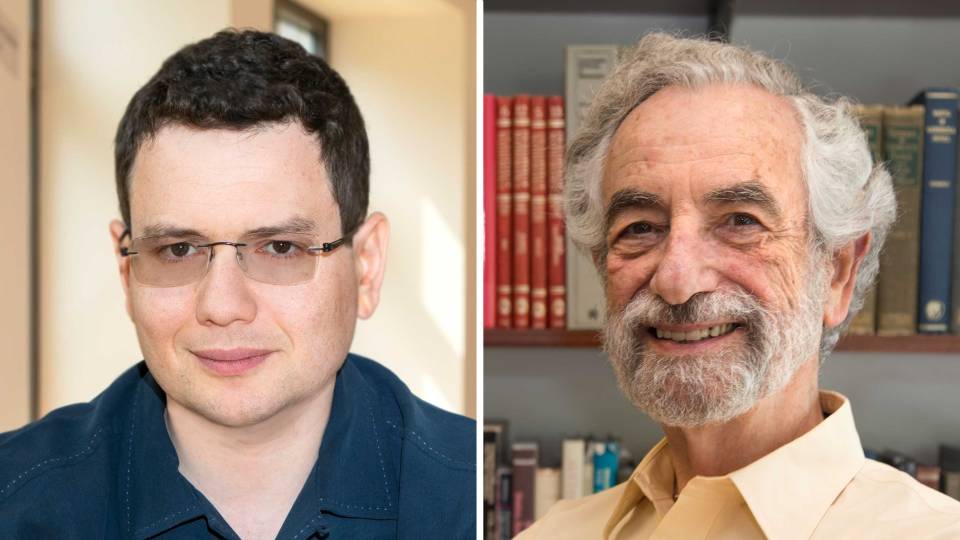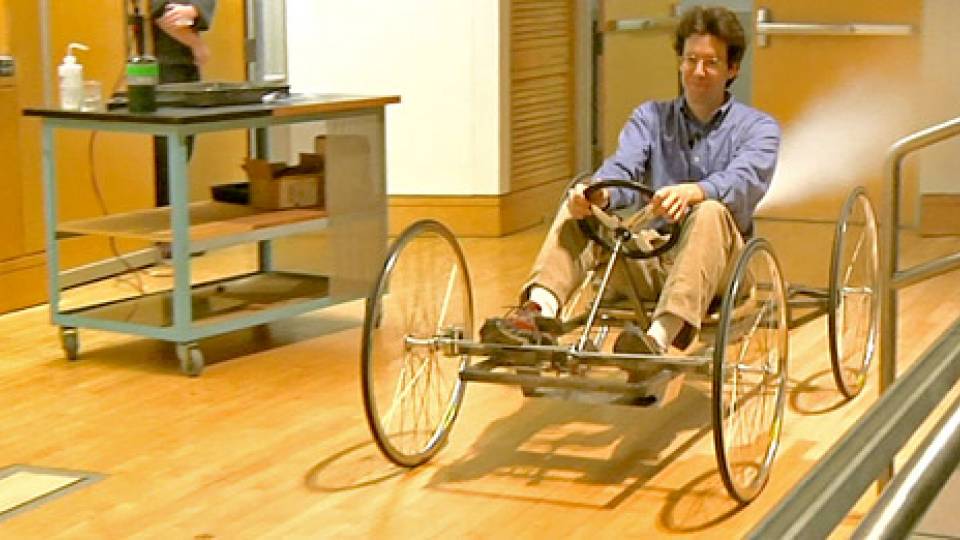Alexander Polyakov, the Joseph Henry Professor of Physics at Princeton University, will receive the 2010 Harvey Prize in the field of science and technology from the Israel Institute of Technology (Technion).
The Harvey Prize recognizes those who have made great contributions to advancing humanity in science and technology and in human health, as well as advancing peace in the Middle East. Every year, prizes totaling $75,000 per winner are awarded from the fund’s income.
In announcing the honor on its website, Technion noted Polyakov's pioneering work in extending knowledge of elementary particles and bringing new understanding to condensed matter physics and the foundations of string theory.
According to Technion, "He [Polyakov] developed revolutionary theories that shaped our contemporary understanding of elementary particles in nature. In addition, he significantly contributed to condensed matter physics, statistical mechanics and mathematics. Among the ideas credited to him are topological structures (such as magnetic monopoles) in gauge field theories, which are important in understanding the confinement of quarks in the nucleus. Polyakov also contributed to the foundations of string theory, the unification of quantum mechanics and gravity, and to the idea of duality between string theory and gauge field theory."
This year's prize in the field of human health will go to Professor Michael Karin of the University of California-San Diego.
The Harvey Prize was established in 1972 through a fund from the late Leo M. Harvey of Los Angeles.




